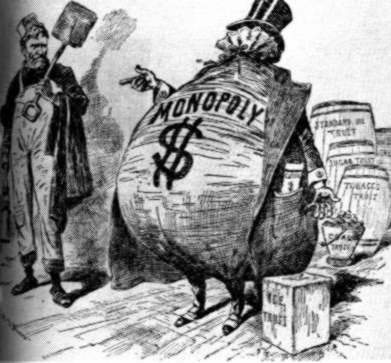When it comes to social networks, some of the numbers thrown around are truly astounding. Everyone knows that Facebook recently eclipsed the 500 million users mark, Twitter has 145 million users, and Linkedin is not far behind at 75 million. But some of the truly astounding numbers come via Twitter, where popularity reigns supreme. A man much smarter than me (
Brian Solis), sums it up best when he writes,
" For better or worse, Twitter introduces the notion of popularity, whereby the numbers of followers and also the friend to follower ratio we possess indicate ones stature within Twitterverse. As I’ve said over the years, popularity does not beget influence, but the egosystem and all who define it, do in fact reward and nurture it."
Did you know that celebrities like Ashton Kutcher and Britney Spears have more Twitter followers than the countries of Israel, Sweden, Switzerland and Ireland? Kutcher has close to 6 million followers, which is a lot of influence for someone who makes mediocre movies, and is famous for marrying Demi Moore.
Or is it a lot of influence? A recent
study conducted by scientists at Northwestern University concludes that celebrities who have brought Twitter in popular culture, are actually largely ignored by their followers. Instead, it's less known "experts" who are wielding all the influence. These lesser known "experts", are actually experts in their respective fields whether it be social media, music or rock climbing.
It makes sense if you really think about it. I follow celebs like Kanye West and Fabolous for purely entertainment value, but most of the time I do not keep up with their tweets. I don't see much dialogue being generated from what Kanye had for lunch. This quote from the lead researcher on the study, Professor Alok Choudhary stood out to me:
"A lot of people think that just because you tweet a lot means you may have influence or you are important. But there are a lot of junk tweets.
"Our premise is that influencers are those that dynamically change the opinions of people on specific topics, or the topic of the moment.
So just because Ashton Kutcher is popular and tweets a lot is not an indication by itself that he is influential. I would think people more like
Seth Godin or Brian Solis would be more influential, because they are impacting the way people think by tweeting valuable, relevant content.
When I first started using Twitter, I thought it was simply a tool for the inane to spew their thoughts. But as I used it more and gained more followers, I realized that I could ignore all the chatter and find the information I needed. When I became more knowledgeable about Twitter, I became obsessed with the popularity aspect of it; I started following random people in an attempt to acquire more followers, and I would tweet only about myself.
But soon I realized that this was ill-advised. I wasn't getting any interaction with any of my followers because I wasn't offering them anything valuable. So I began tracking conversations and initiating conversations, as well as tweeting articles, blog posts, and other information people might find interesting. Those two things got me more followers than my previous methods.
So in sum, its not about how many followers you have, but rather if you're engaging with others on Twitter and offering them something useful.
[Via
Telegraph]



